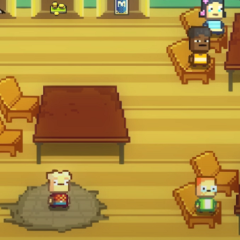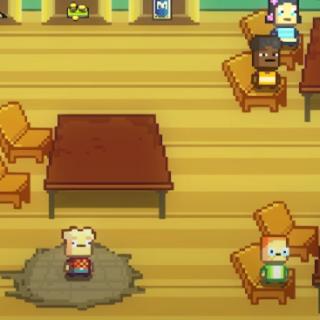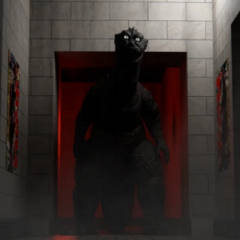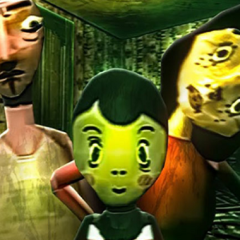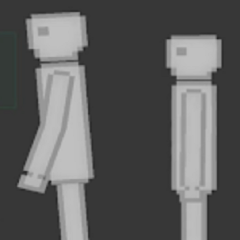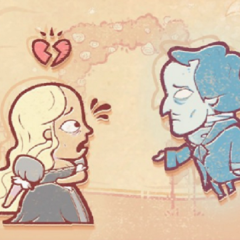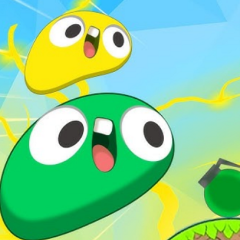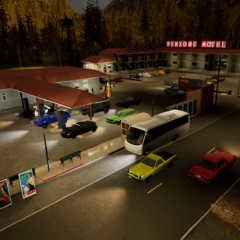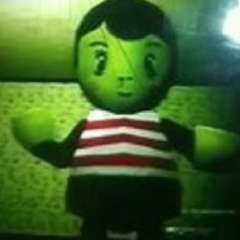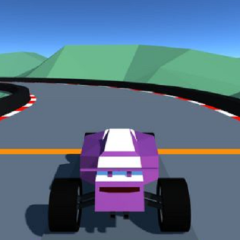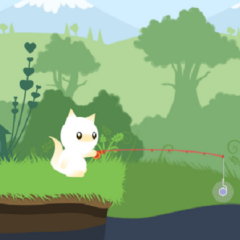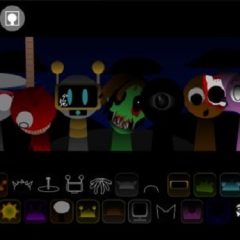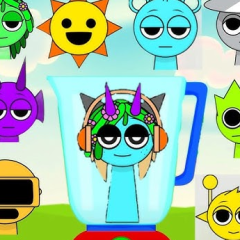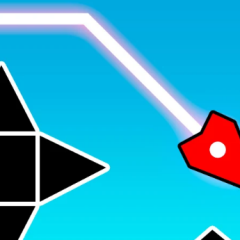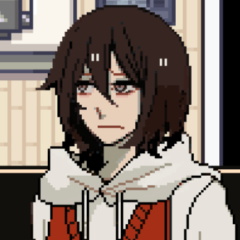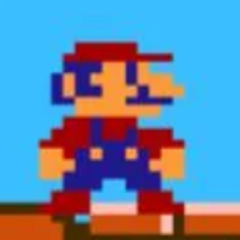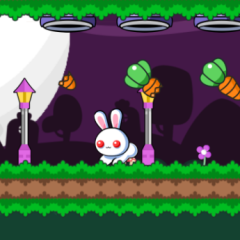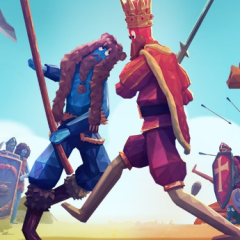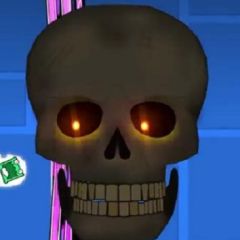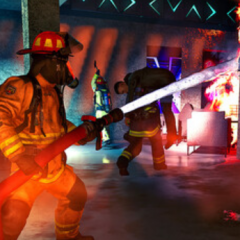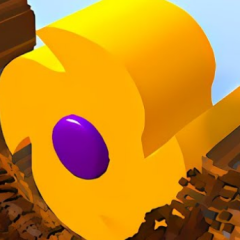Kindergarten 3 begins with a familiar setup: another day at school, filled with routines and expectations. But very quickly, the school environment shifts into something less predictable. Students whisper about things that don’t make sense, and strange objects appear in unlikely places. As the returning student, your job is to survive the day by completing tasks, solving puzzles, and navigating conversations that seem harmless but can lead to serious consequences. What starts as a regular morning soon turns into a complicated chain of events that require attention to detail and timing.
Uncovering What’s Really Going On
During each part of the school day, from morning announcements to afternoon dismissal, your choices matter. Saying the wrong thing or using an item in the wrong order can block your path or end the day early. Some characters will give clues if you follow their conversations closely, while others only reveal their role after specific actions. Kindergarten 3 rewards players who are willing to repeat the day and experiment with different approaches. New paths are unlocked by solving small mysteries, and each solution brings you closer to understanding the school’s real story.
Key Components You Will Encounter
As you explore, you’ll work with a variety of in-game mechanics:
· Inventory management that requires using items in the right moments
· Multiple-choice dialogue that influences the course of events
· Hidden areas that only unlock under special conditions
· A timeline structure that separates the day into distinct segments
· Multiple outcomes based on the route taken through each scenario
These tools work together to create a layered and reactive gameplay experience.
Learning Through Repetition
The format of Kindergarten 3 encourages you to learn by doing. Each failed attempt helps build knowledge that you can apply next time. You might discover that giving someone an item in the morning changes what happens in the afternoon. You could also learn that ignoring a conversation causes a completely different series of events to take place. Over time, what seemed confusing becomes manageable, as the patterns and triggers become clear. The game gradually trains you to think several steps ahead.
Kindergarten 3 continues the formula of strange, connected storytelling inside a school setting where no detail is random. With new characters, updated puzzles, and layered storylines, it expands on what players expect from the series. What feels like a normal day at first becomes a complex series of choices and reactions. Whether you’re trying to unlock every ending or simply survive the chaos, the game challenges you to explore, fail, and try again—until the full picture finally comes into view.

